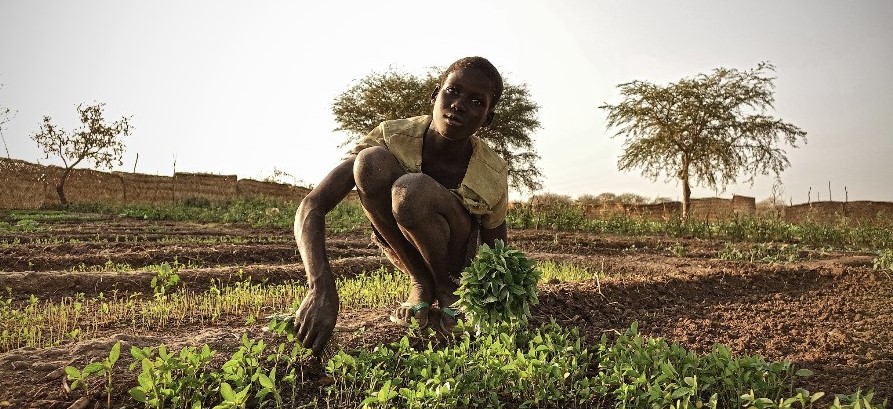Farmers in Magwi County, Eastern Equatoria State, warned Friday of potential crop failures as a prolonged dry spell threatens harvests in parts of the region.
Fields in Abara, Opari, Moli Tokuro, and parts of Greater Pageri are at risk due to insufficient rainfall. Magwi, a key food-producing area in Eastern Equatoria State, typically supplies crops to markets in Torit and the capital, Juba.
Sam George, a farmer in Moli Tokuro, told Radio Tamazuj that the drought has withered crops, raising fears of food shortages. He said maize plants are stunted by pests, and farmers cannot replant without rain.
“The seeds aren’t germinating well. The maize leaves are tiny because of larvae, and we can’t plant again—the land is too dry,” George said. “Food prices are already rising daily. Many people might flee to Uganda to escape hunger.”
Rose Kiriba, a farmer in Pageri, said crops have failed, leaving families dependent on wild foods.
“Nothing has sprouted because of the drought. There’s been no rain, just heavy winds,” she said. “Children and women are suffering. The government must intervene with food aid.”
Magwi County Commissioner Benjamin Olum Pole Pole confirmed the drought but noted the area remains peaceful.
“Farming activities continue, but areas like Opari, Moli Tokuro, and Greater Pageri are severely affected,” he said. “This year’s harvest may be worse than in previous years.”
Pole Pole urged farmers to plant drought-resistant crops like cassava and sorghum and discouraged selling existing food stocks.
“We advise against selling cassava now. First, we must assess the harvest,” he said.
Some parts of South Sudan are experiencing dry spells due to a combination of climate change impacts and human activities.
Climate change is causing erratic rainfall patterns, leading to prolonged dry periods and increased evaporation as temperatures rise, which dries out the land and reduces water availability. Human activities like deforestation also contribute by degrading the soil and reducing its ability to retain moisture.




